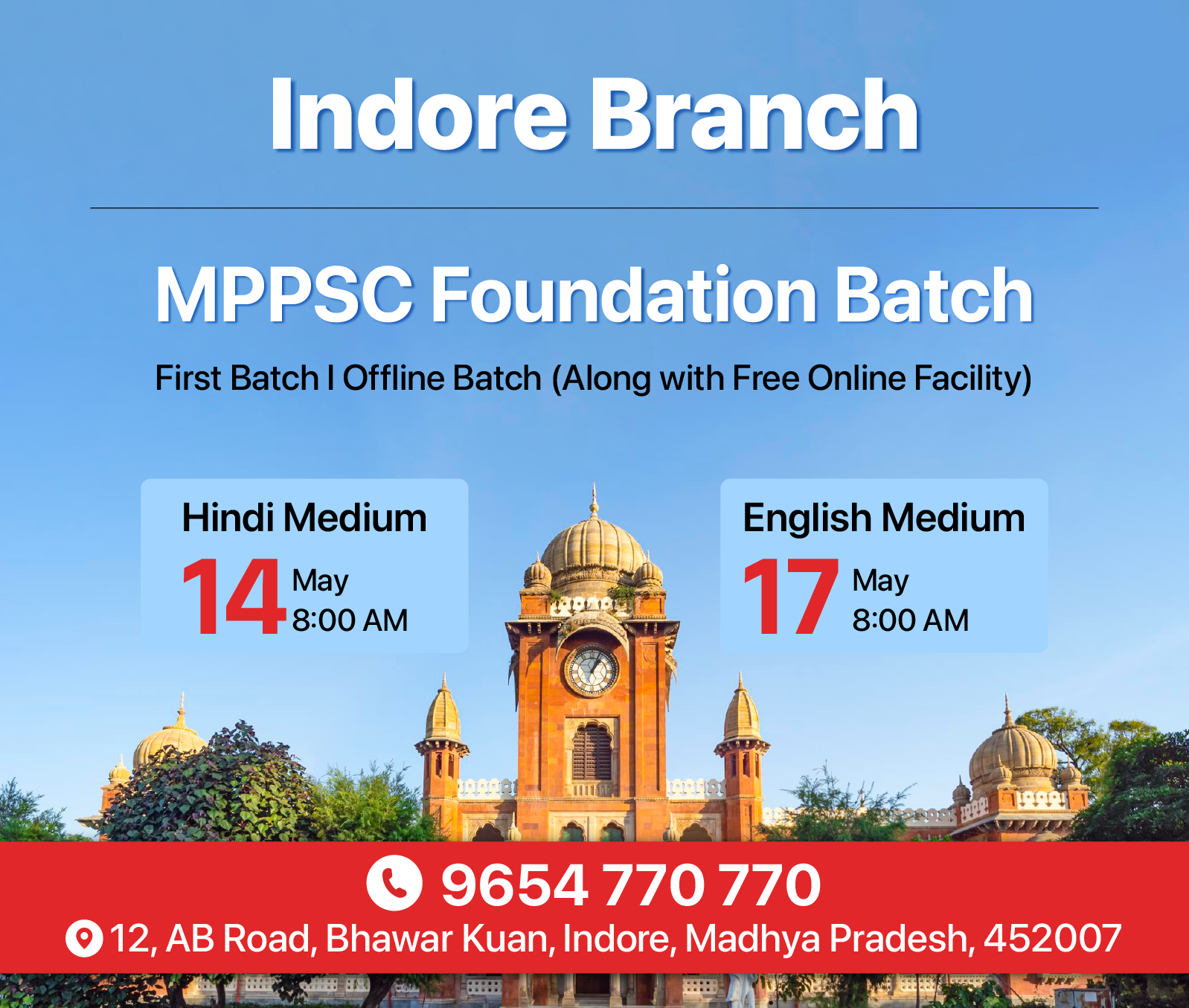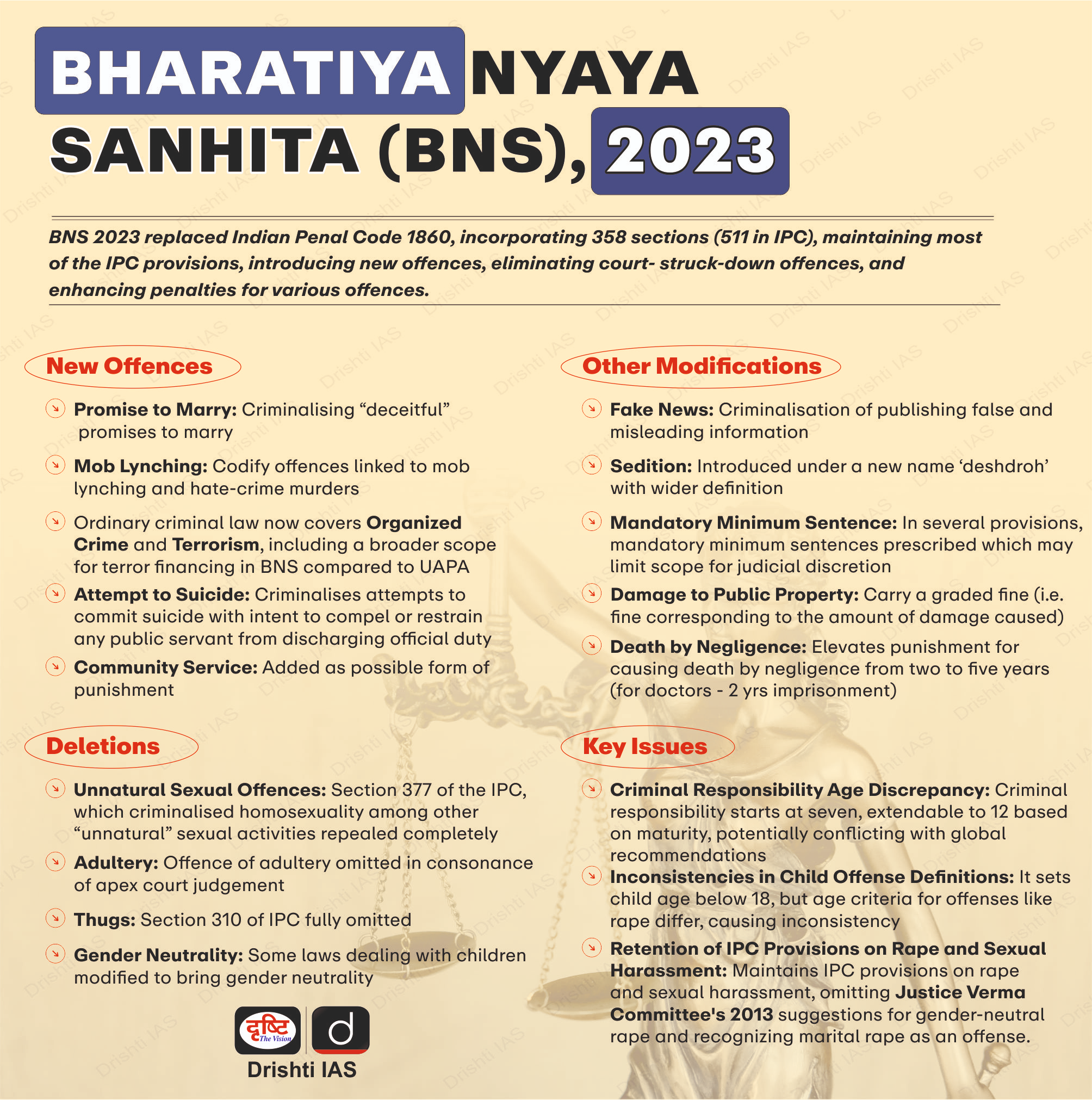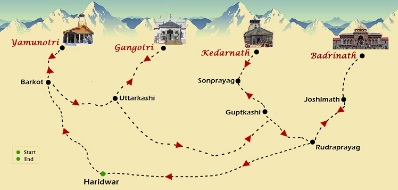Madhya Pradesh Switch to Hindi
CBI Need Written Consent to Investigate in Madhya Pradesh
Why in News?
According to the Madhya Pradesh government, the Central Bureau of Investigation (CBI) will need a written permission to initiate inquiries against its “public servants”.
Key Points
- No permission will be required to probe central government officials or private individuals.
- This provision has been released after the Bharatiya Nyaya Sanhitha (new criminal laws) came into effect for smooth functioning.
- States such as West Bengal, Tamil Nadu, Punjab, Telangana and Kerala have withdrawn their general consent for CBI investigations.
Central Bureau of Investigation (CBI)
- The CBI was established by a resolution of the Ministry of Home Affairs and later transferred to the Ministry of Personnel, Public Grievances and Pensions, currently functioning as an attached office.
- Its establishment was recommended by the Santhanam Committee on Prevention of Corruption.
- The CBI operates under the Delhi Special Police Establishment (DSPE) Act, 1946. It is neither a constitutional nor a statutory body.
- It investigates cases related to bribery, governmental corruption, breaches of central laws, multi-state organized crime, and multi-agency or international cases.


Uttarakhand Switch to Hindi
Strict Laws Against Using Char Dham Names
Why in News?
Recently, The Uttarakhand Cabinet decided to implement strict laws against organisations or trusts using names of Char Dham temples of the State.
Key Points
- According to the officials, such trusts and organisations create confusion among the general public, and also hurt local traditions and religious beliefs.
- The Char Dham temples’ priest association also launched a protest against laying the foundation stone for the replica of Kedarnath temple in Delhi.
Char Dham
- Yamunotri Dham:
- Location: Uttarkashi district.
- Dedicated to: Goddess Yamuna.
- River Yamuna is the second-most sacred river in India after River Ganga.
- Gangotri Dham:
- Location: Uttarkashi district.
- Dedicated to: Goddess Ganga.
- Considered the most sacred of all Indian rivers.
- Kedarnath Dham:
- Location: Rudraprayag district.
- Dedicated to: Lord Shiva.
- Situated on the bank of the Mandakini River.
- One of the 12 Jyotirlingas (divine representations of Lord Shiva) in India.
- Badrinath Dham:
- Location: Chamoli district.
- Home to the sacred Badrinarayan Temple.
- Dedicated to: Lord Vishnu.
- One of the holy shrines for Vaishnavites.


Uttarakhand Switch to Hindi
Hydel Project at Joshimath
Why in News?
Recently, The National Disaster Management Authority (NDMA) stated that it has no objection allowing NTPC (National Thermal Power Corporation) to resume construction work at the Tapovan-Vishnugad hydroelectric project site.
Key Points
- On 5th January, 2023 the state government had issued an order, halting all works at the NTPC's Tapovan-Vishnugad project after the issue of land subsidence worsened in Joshimath.
- NDMA formed a group of multi-institutional expert organizations, including the Central Building Research Institute, National Geophysical Research Institute, Geological Survey of India, Wadia Institute of Himalayan Geology, and IIT-Roorkee, among others.
- In its report to the High Court, NDMA also stated that experts have listed many reasons for the land subsidence, the most common being that the natural water flowing from Auli to Joshimath was interrupted due to unregulated construction in Joshimath town.
National Thermal Power Corporation (NTPC)
- It is a central Public Sector Undertaking (PSU) under the Ministry of Power.
- It is India’s largest energy conglomerate with roots planted way back in 1975 to accelerate power development in India.
- It aims to provide reliable power and related solutions in an economical, efficient and environment-friendly manner, driven by innovation and agility.
- It became a Maharatna company in May 2010.
The National Disaster Management Authority (NDMA)
- It is India’s apex statutory body for disaster management.
- It was formally constituted on 27th September 2006, by the Disaster Management Act, 2005.
- The Prime Minister is its chairperson and it has nine other members. One of the nine members is designated as Vice-Chairperson.
- The primary responsibility for the management of disaster rests with the State Government concerned.
- However, the National Policy on Disaster Management puts in place an enabling environment for all i.e., the Centre, state and district.










%20MPPCS%202025%20Desktop%20E.jpg)
%20MPPCS%202025%20Mobile%20E%20(1).jpg)










.png)
.png)











 PCS Parikshan
PCS Parikshan



